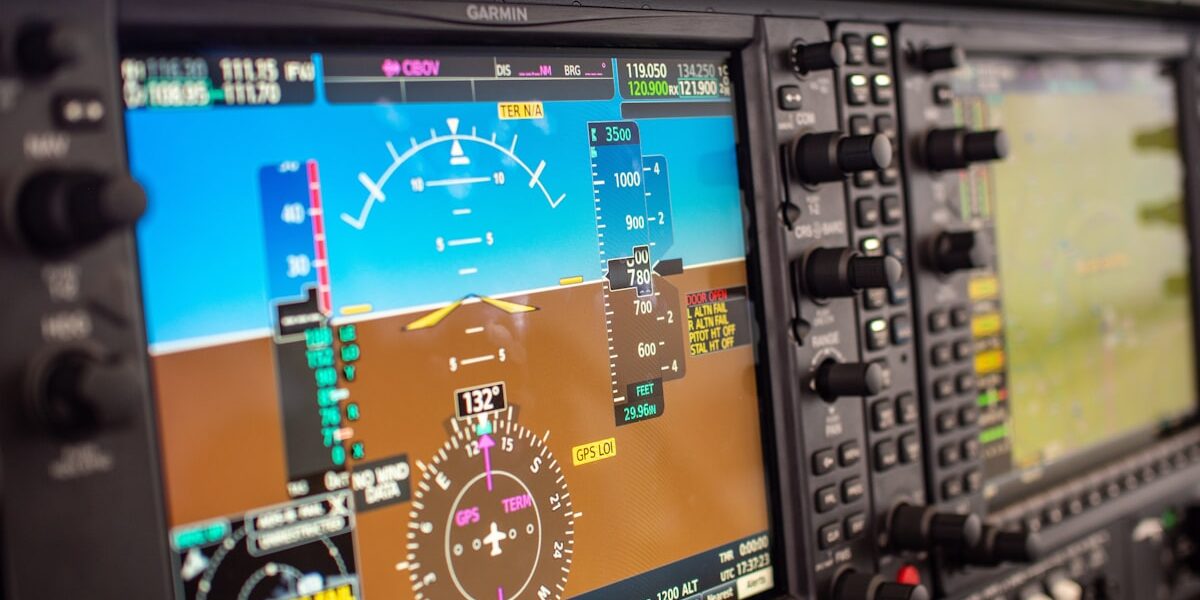Fuel Management Systems: Optimizing Fuel Usage for Efficiency and Cost Savings
I got a call last year from a fleet manager who was convinced his drivers were siphoning fuel. Turns out they weren’t — his trucks just had terrible routing and some leaky tanks nobody had checked in months. A proper fuel management system would’ve caught both issues weeks earlier. That’s basically the story of why these systems exist: fuel costs money, and without tracking, you’re guessing where it goes.

Understanding Fuel Management Systems
A fuel management system is hardware and software working together to track every drop of fuel your operation uses. The hardware sits in your tanks and on your vehicles. The software collects all that data and turns it into something you can actually make decisions with.
Components of a Fuel Management System
- Fuel Sensors: These go inside your fuel tanks and monitor levels in real time. They’re constantly sending data back to the central system, so you always know how much fuel you have and how fast it’s being used.
- Vehicle Tracking Devices: GPS units that track where your vehicles are, where they’ve been, and how much fuel they’re burning along the way. You get both location data and consumption data from the same device.
- Fuel Dispensers: These control and measure fuel distribution. Every time someone fuels up, the dispenser logs exactly how much went into which vehicle. No more “I think I filled it up” guesswork.
- Software: This is the brain of the operation. It pulls data from sensors, trackers, and dispensers, then presents it in dashboards and reports that show you what’s actually happening with your fuel.
Benefits of Fuel Management Systems
- Cost Savings: When you can see exactly where fuel is going, you find waste fast. Inefficient routes, idling vehicles, unauthorized use — it all shows up in the data. Companies regularly save 10-15% on fuel costs after implementing these systems.
- Improved Efficiency: The data helps you optimize routes, identify vehicles that are burning more fuel than they should, and improve how your fleet operates day to day.
- Environmental Benefits: Less wasted fuel means fewer emissions. It’s good for the planet and increasingly good for your company’s reputation.
- Accurate Reporting: Automated tracking means your numbers are right. No more manual logs with questionable accuracy, and compliance reporting becomes a lot less painful.
- Enhanced Security: When every gallon is tracked, unauthorized use becomes obvious. That alone can pay for the system.
How Fuel Management Systems Work
Probably should have led with this, but here’s how it all fits together. You install sensors in your fuel tanks, GPS trackers on your vehicles, and smart dispensers at your fueling points. All three connect to a central software platform.
When a vehicle refuels, the dispenser records exactly how much fuel was dispensed and to which vehicle. The tank sensor confirms the fuel level changed by the right amount. The GPS tracker logs where the vehicle was at the time. All this data flows to the central system automatically. If something doesn’t add up — say, the dispenser shows 50 gallons but the tank level only dropped 40 — you know there’s a problem to investigate.
Data Integration and Analysis
The software brings together data from all your sources and makes sense of it. You can see fuel consumption per vehicle, per route, per driver. Patterns emerge. Maybe Truck #7 consistently burns 20% more fuel than similar vehicles on similar routes — that’s a maintenance issue worth investigating. Maybe your Tuesday routes use way more fuel than necessary because of traffic patterns you could avoid.
Alerts and Notifications
The system watches the data so you don’t have to. If fuel consumption spikes unexpectedly, if a tank level drops when it shouldn’t, or if a vehicle is refueling in an unusual location, you get a notification. That’s what makes fuel management systems endearing to fleet managers — they catch problems early, often before they become expensive.
Choosing the Right Fuel Management System
Start with an honest look at what you need. How many vehicles? What kind? What are your biggest fuel-related headaches? The answers shape which system makes sense for you.
Key Features to Consider
- Scalability: Pick a system that can grow with your fleet. Adding ten trucks next year shouldn’t require replacing everything you just installed.
- Integration Capabilities: It needs to work with your existing GPS and maintenance software. Standalone systems that don’t talk to your other tools create data silos that limit the insights you can get.
- User-Friendly Interface: Your dispatchers and fleet managers need to actually use this thing. If it takes an engineering degree to pull a report, people will stop using it and you’ve wasted your money.
- Real-Time Data: Delayed data is better than no data, but real-time monitoring lets you catch problems while they’re happening instead of discovering them in last month’s report.
- Detailed Reporting: You need reports that answer your actual questions. Total fuel consumed is fine for the summary, but you also need to drill down by vehicle, route, time period, and driver.
Implementation and Training
Good planning makes implementation smoother. Get all vehicles equipped with hardware before you try to go live. Test the system with a small group first to work out the kinks.
Training matters more than most people think. Your team needs to know how to read the dashboards, generate reports, and respond to alerts. Don’t just show them once — schedule follow-up sessions as they get more comfortable and as the system gets updated.
Challenges in Fuel Management
Integration with your existing systems can be tricky. Not every piece of software plays well with others, and connecting an older fleet management system to a new fuel monitoring platform sometimes requires custom work. Budget for that possibility.
The upfront cost can be significant — sensors, trackers, dispensers, software licenses, installation labor. It adds up. But for most operations, the fuel savings cover the investment within the first year or two. Run the numbers for your specific fleet before committing.
Handling Data Security
The system collects a lot of data — vehicle locations, fuel transactions, operational patterns. That information has value, and not just to you. Make sure the software has solid security, keep it updated, and audit access regularly. The last thing you need is a data breach exposing your fleet’s movements and operational details.
Maintenance and Upgrades
Like any system with hardware components, fuel management setups need regular attention. Sensors drift over time and need recalibration. GPS units occasionally fail. Software needs updates. Build maintenance into your routine rather than waiting for something to break.
The Future of Fuel Management Systems
Sensor technology is getting more accurate and cheaper, which means even smaller operations can afford decent monitoring. AI and machine learning are starting to show up in the analysis layer — instead of just showing you what happened, future systems will predict what’s likely to happen and suggest what to do about it.
Telematics integration is getting tighter. Combining fuel data with vehicle diagnostics, driver behavior, and maintenance records gives you a complete picture of fleet health. That level of insight helps with everything from fuel budgeting to deciding when to retire aging vehicles.
And with sustainability becoming a business priority, not just a nice-to-have, fuel management systems are increasingly part of how companies track and reduce their carbon footprint. Optimizing fuel use is one of the most direct ways to cut emissions, and these systems provide the data to prove you’re doing it.
More companies are going to adopt fuel management as the tools get better and more affordable. Whether you’re running five trucks or five hundred, knowing exactly where your fuel is going just makes good business sense.
Recommended Aviation Gear
David Clark H10-13.4 Aviation Headset – $376.95
The industry standard for aviation headsets.
Pilots Handbook of Aeronautical Knowledge – $25.42
Essential FAA handbook for every pilot.
As an Amazon Associate, we earn from qualifying purchases.



